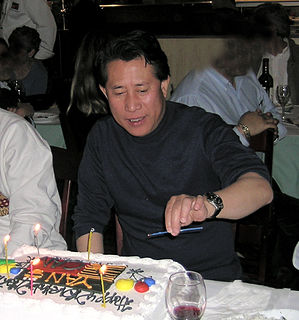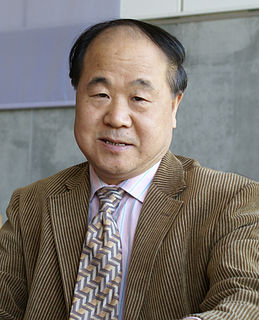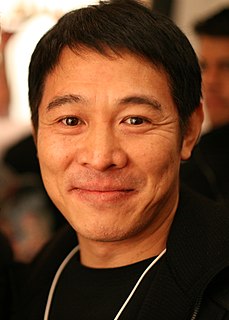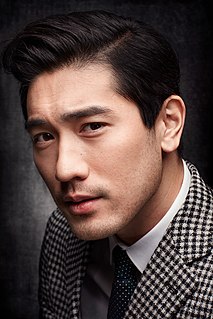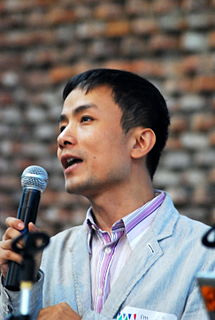A Quote by Hu Jintao
The Chinese culture belongs not only to the Chinese but also to the whole world.
Quote Topics
Related Quotes
There are photographers who push for war because they make stories. They search for a Chinese who has a more Chinese are than the others and they end up finding one. They have him take a typically Chinese pose and surround him with chinoiseries. What have they captured on their film? A Chinese? Definitely not: the idea of the Chinese.
As many of my colleagues know, TikTok, like other Chinese companies is required under Chinese law to share information with the government and its institutions. There are real concerns that this app could also collect information on users in the United States to advance Chinese counter-intelligence efforts.
Social media changed Chinese mindset. More and more Chinese intend to embrace freedom of speech and human rights as their birthright, not some imported American privilege. But also, it gave the Chinese a national public sphere for people to, it's like a training of their citizenship, preparing for future democracy.
At the beginning of my career as a writer, I felt I knew nothing of Chinese culture. I was writing about emotional confusion with my mother related to our different beliefs. Hers was based in family history, which I didn't know anything about. I always felt hesitant in talking about Chinese culture and American culture.





